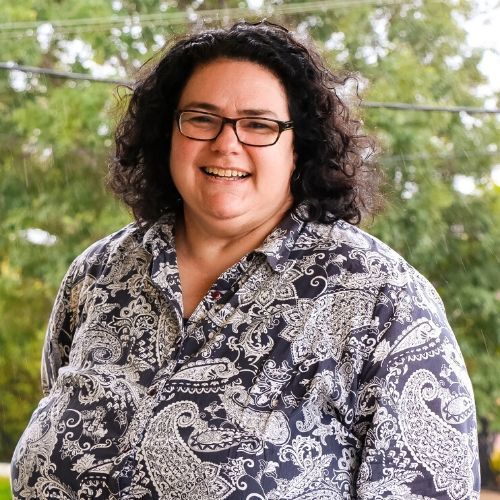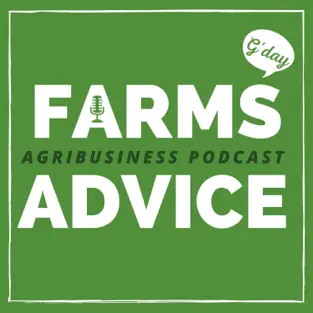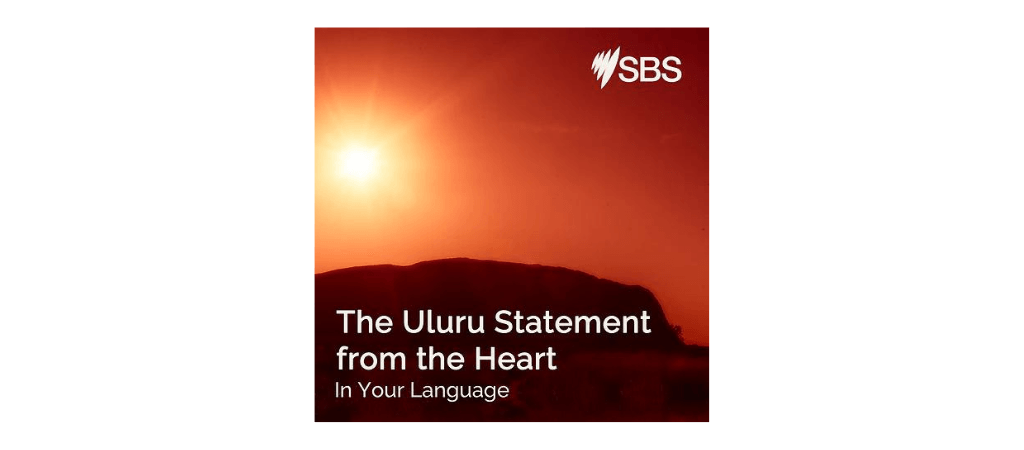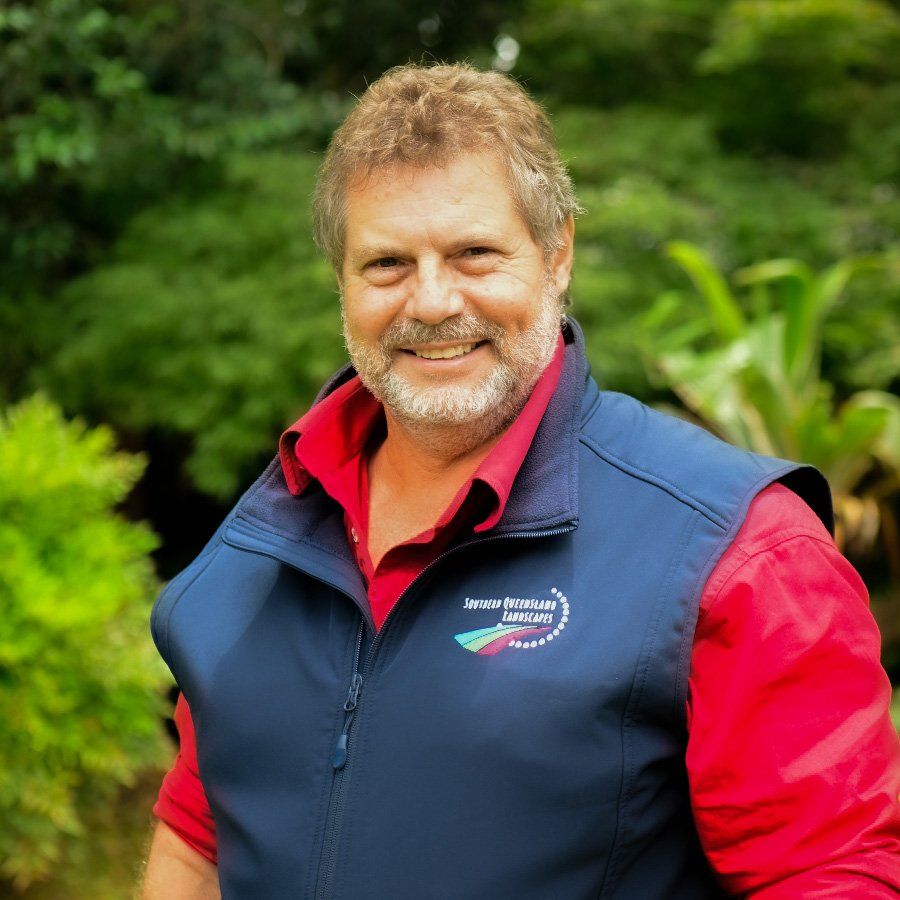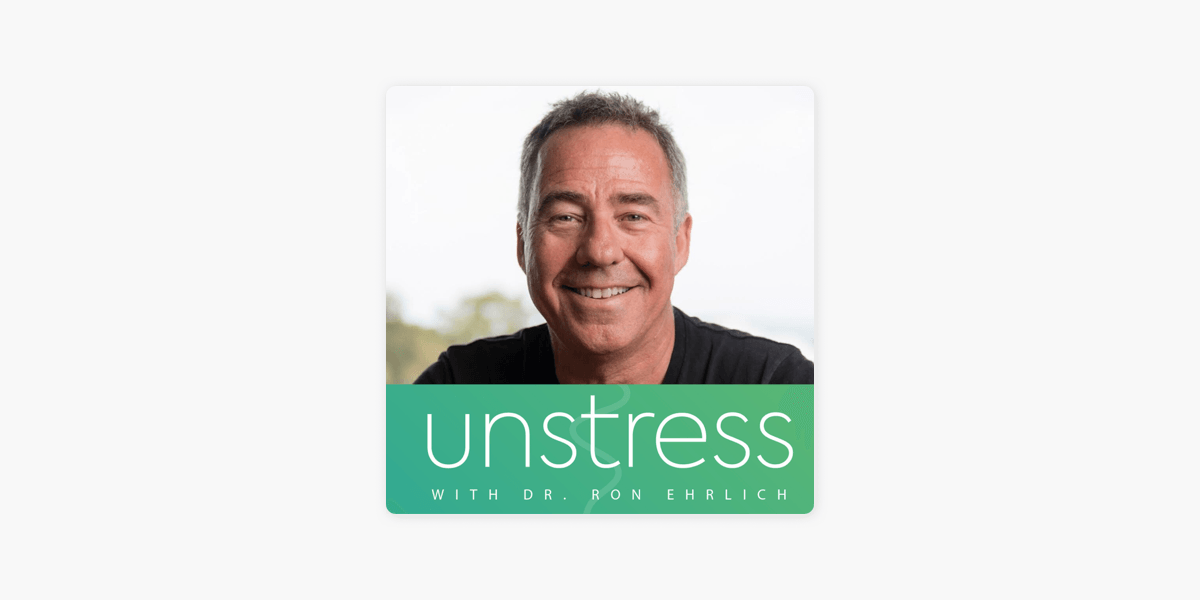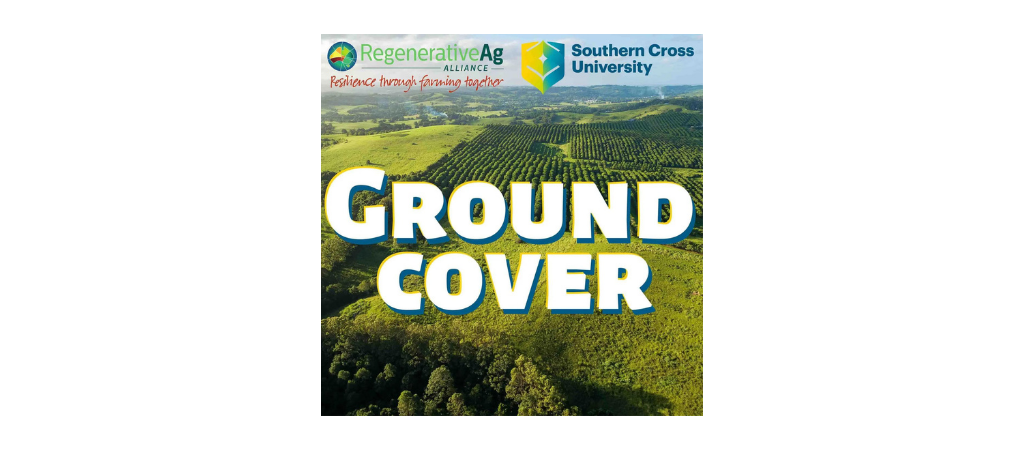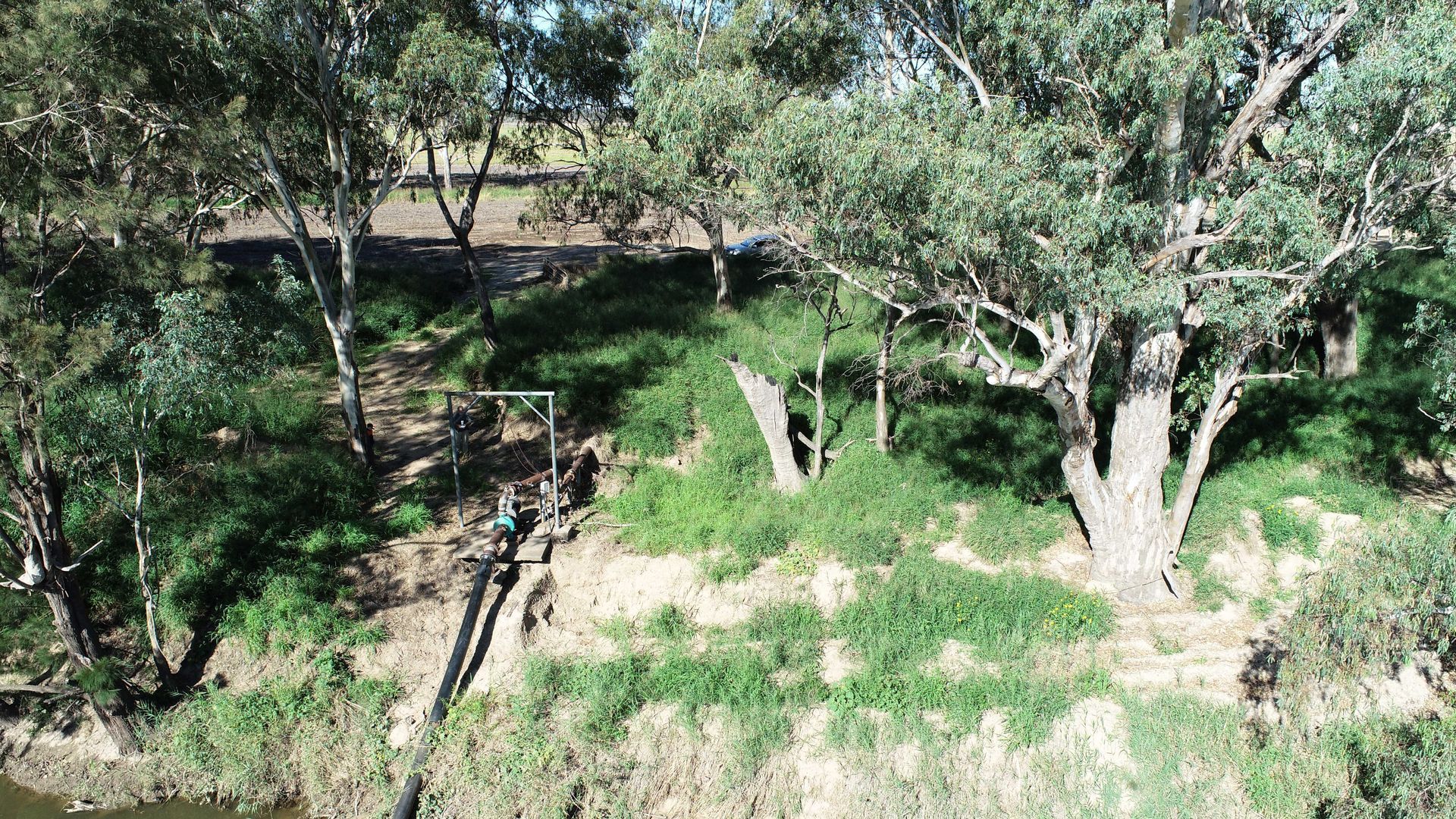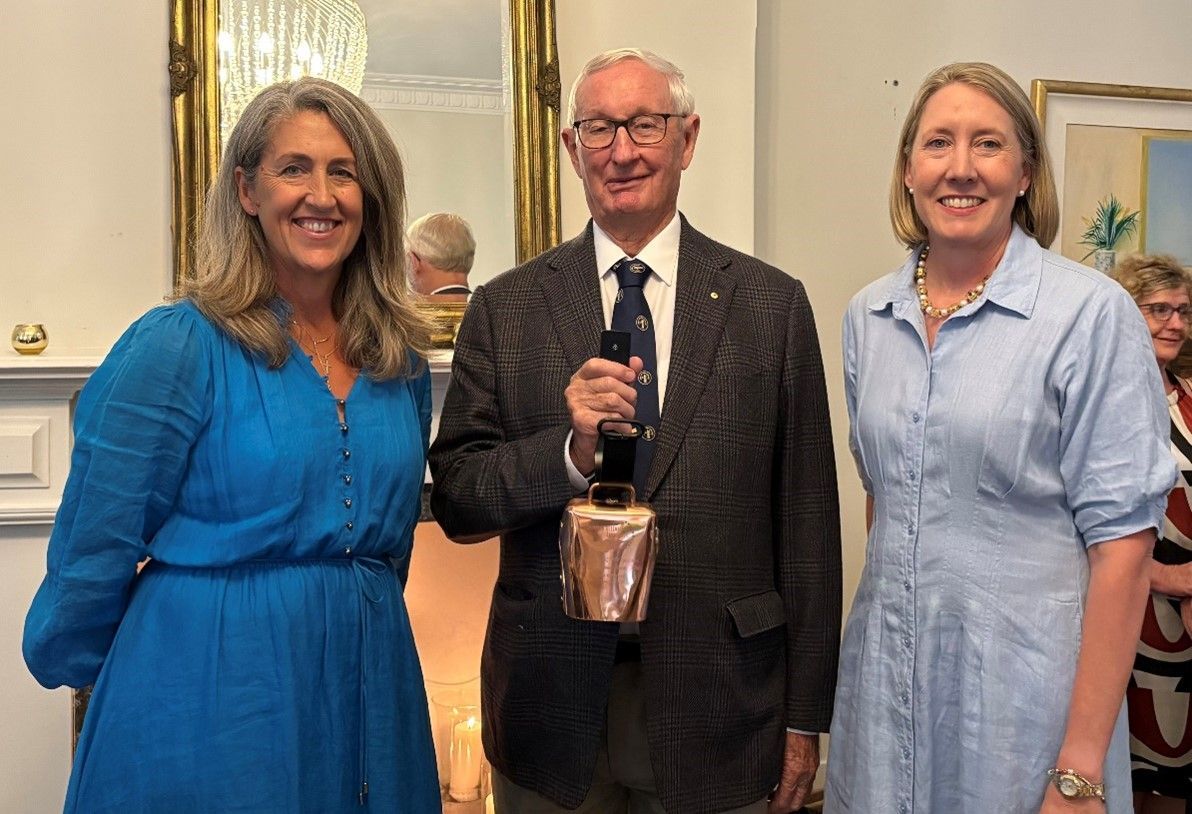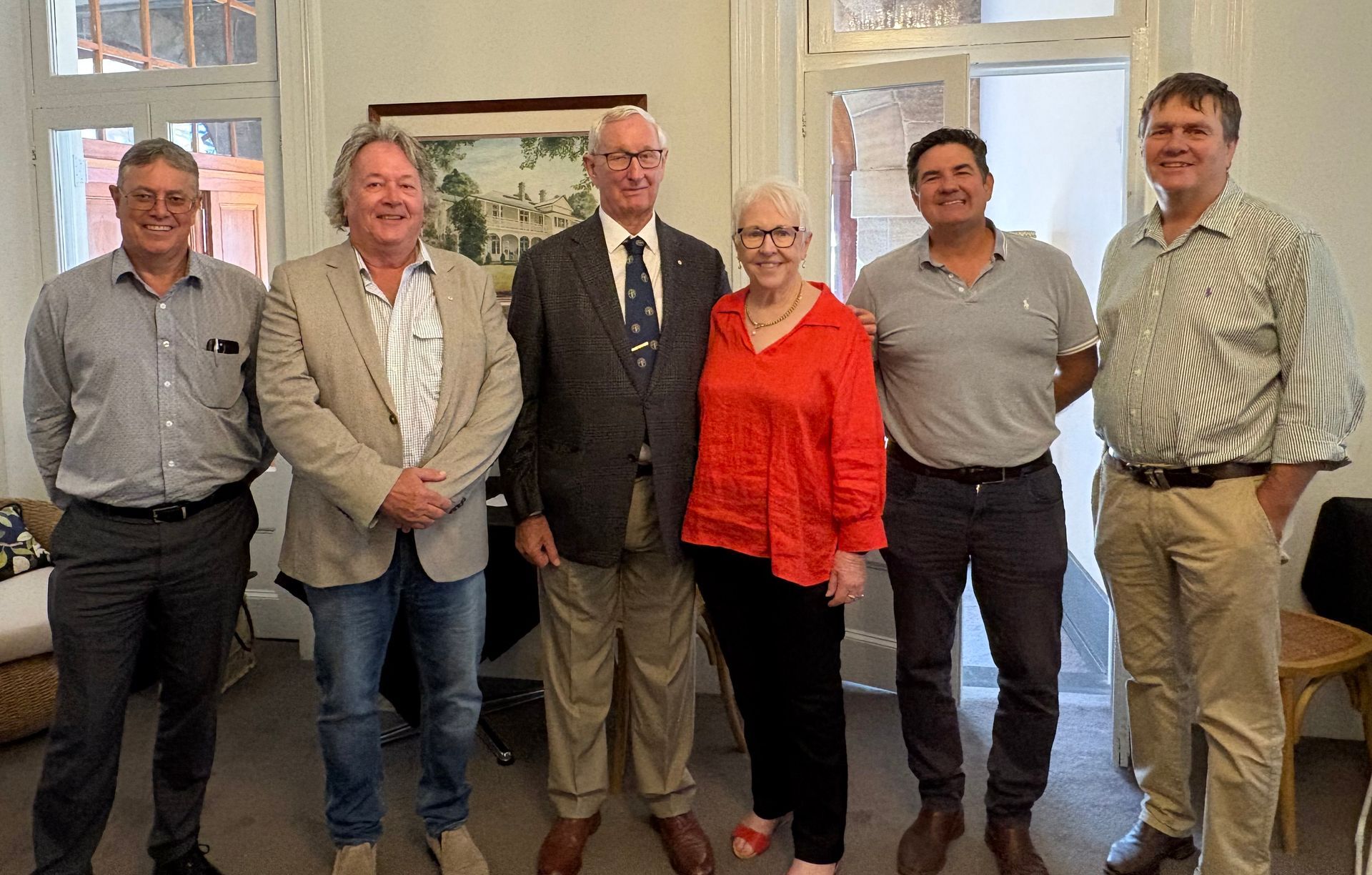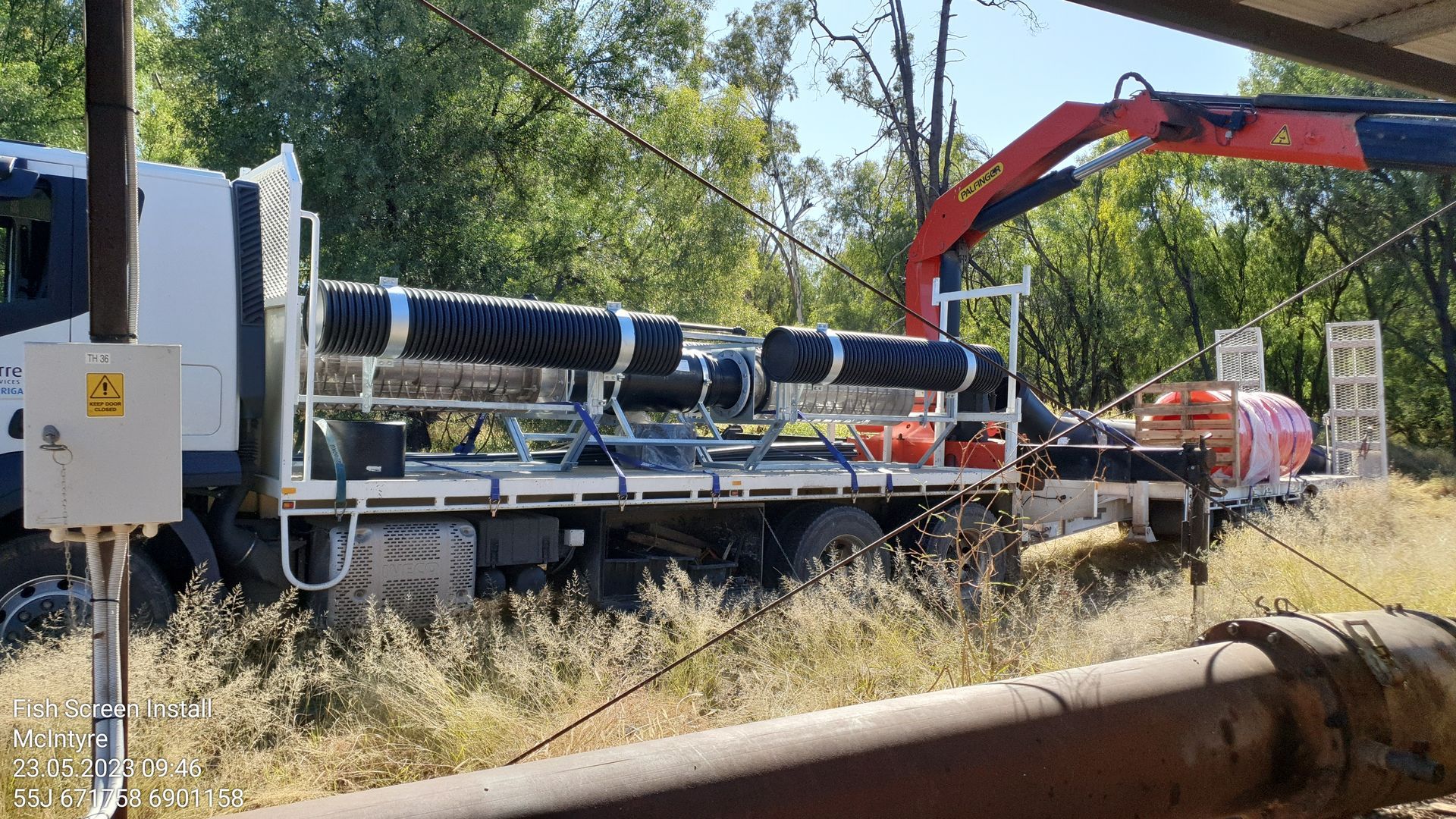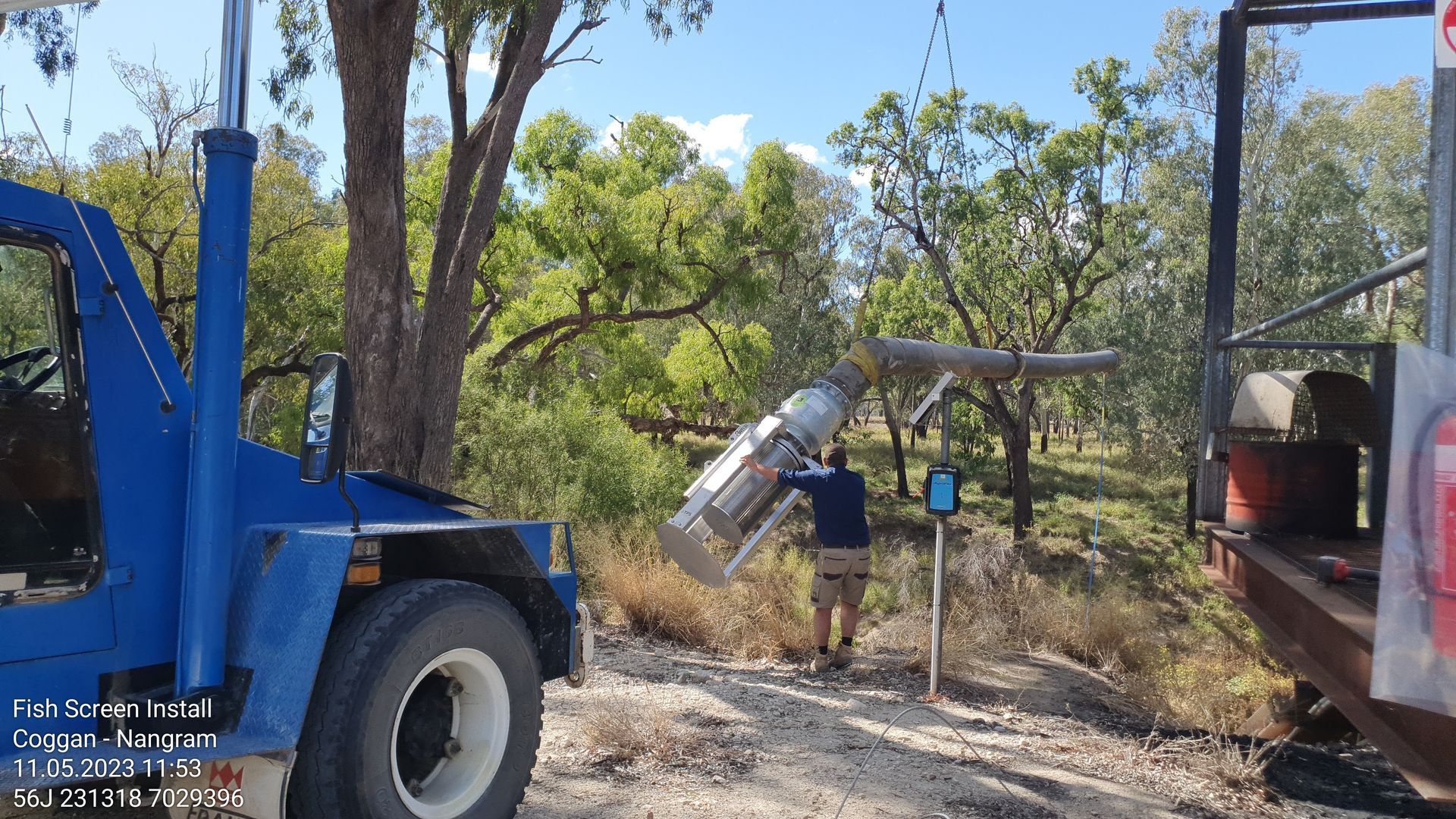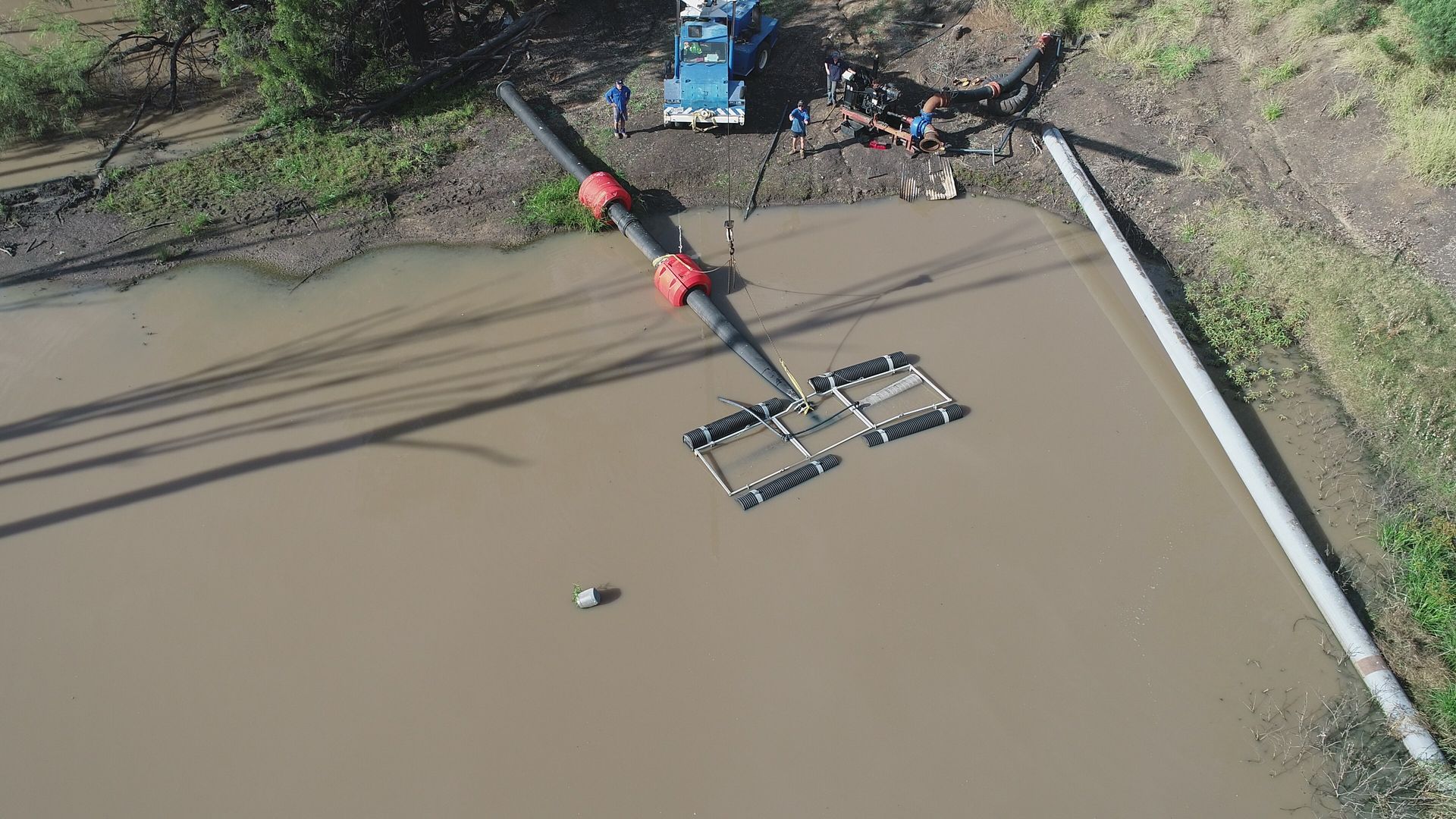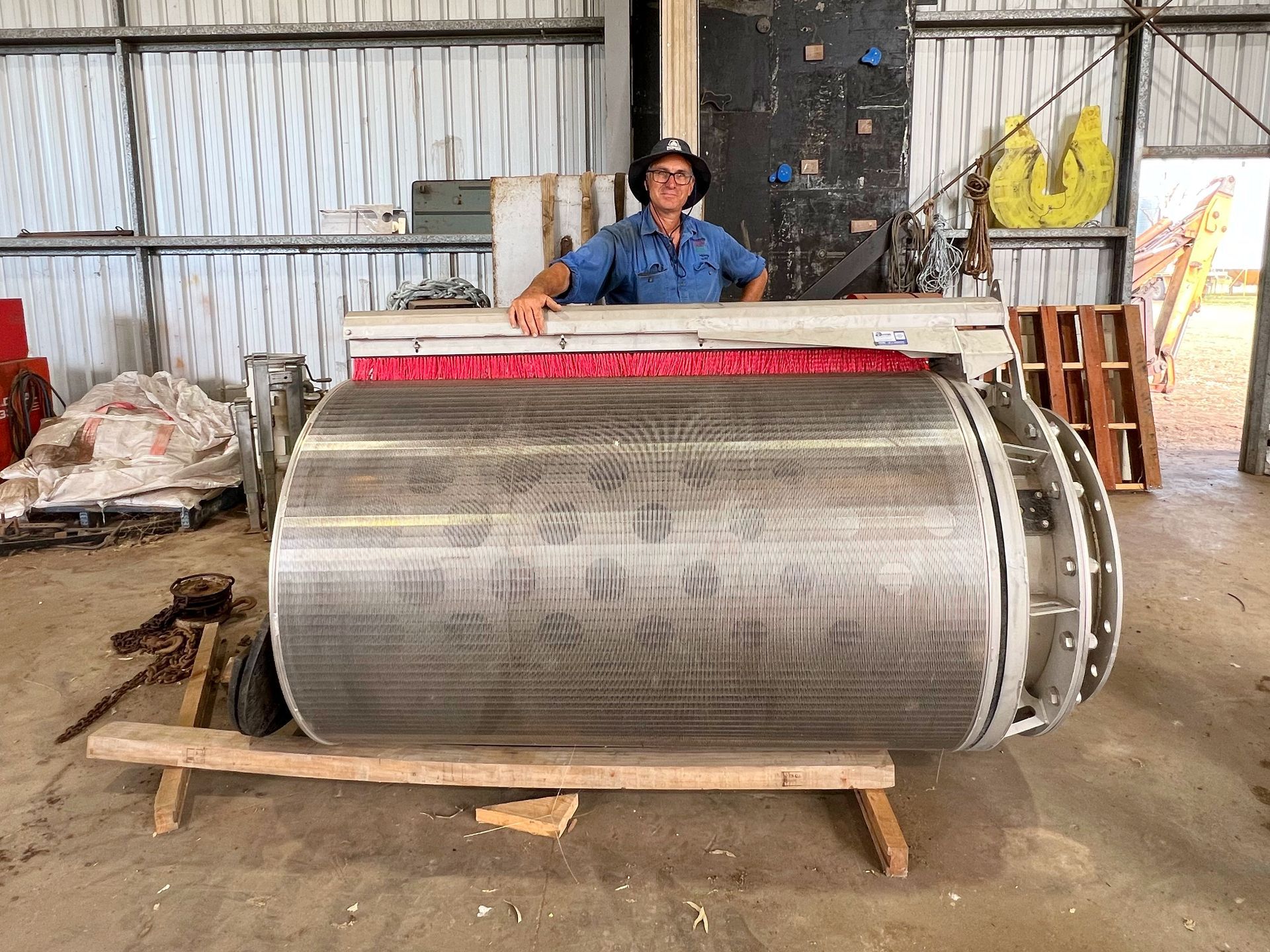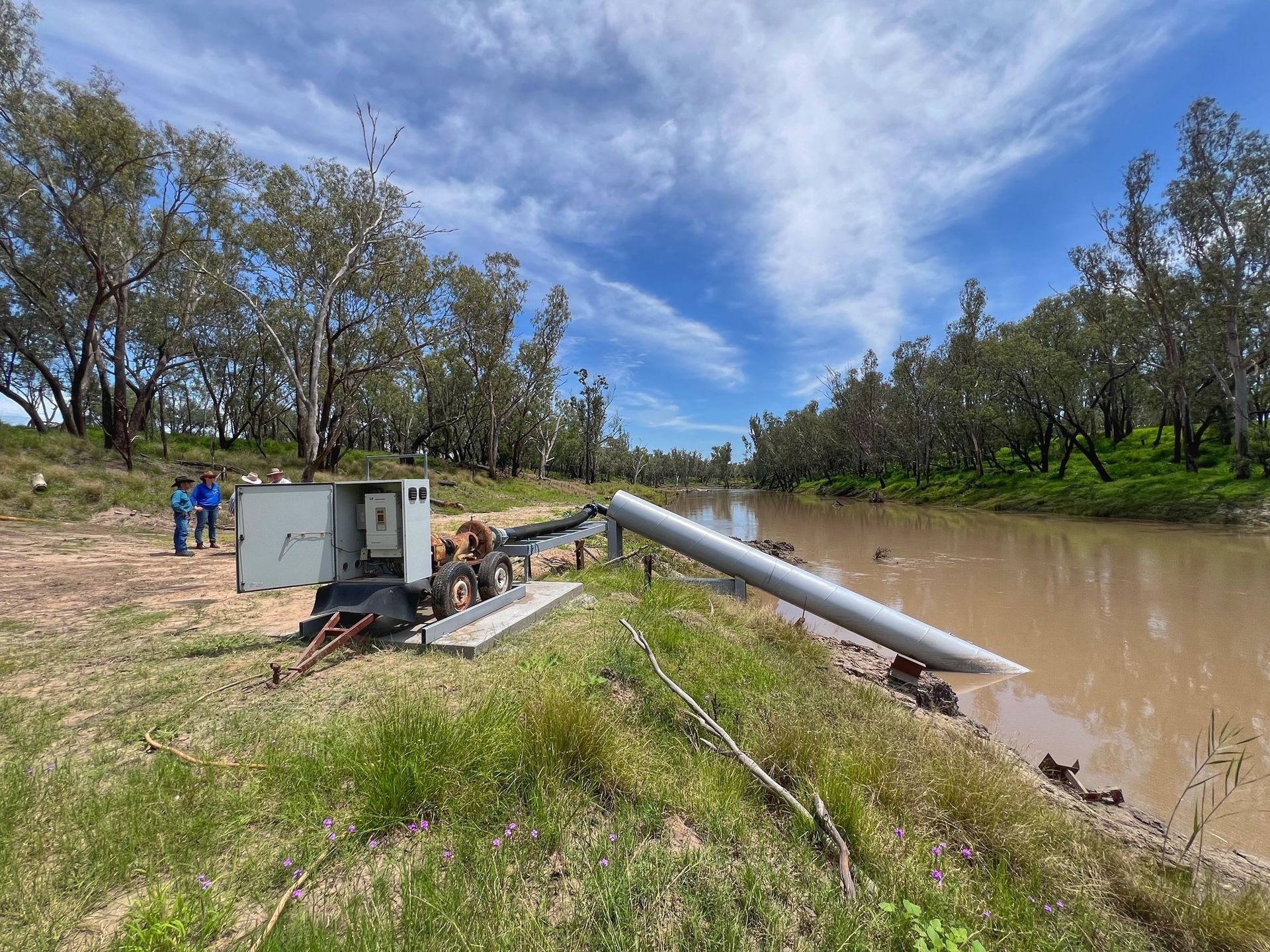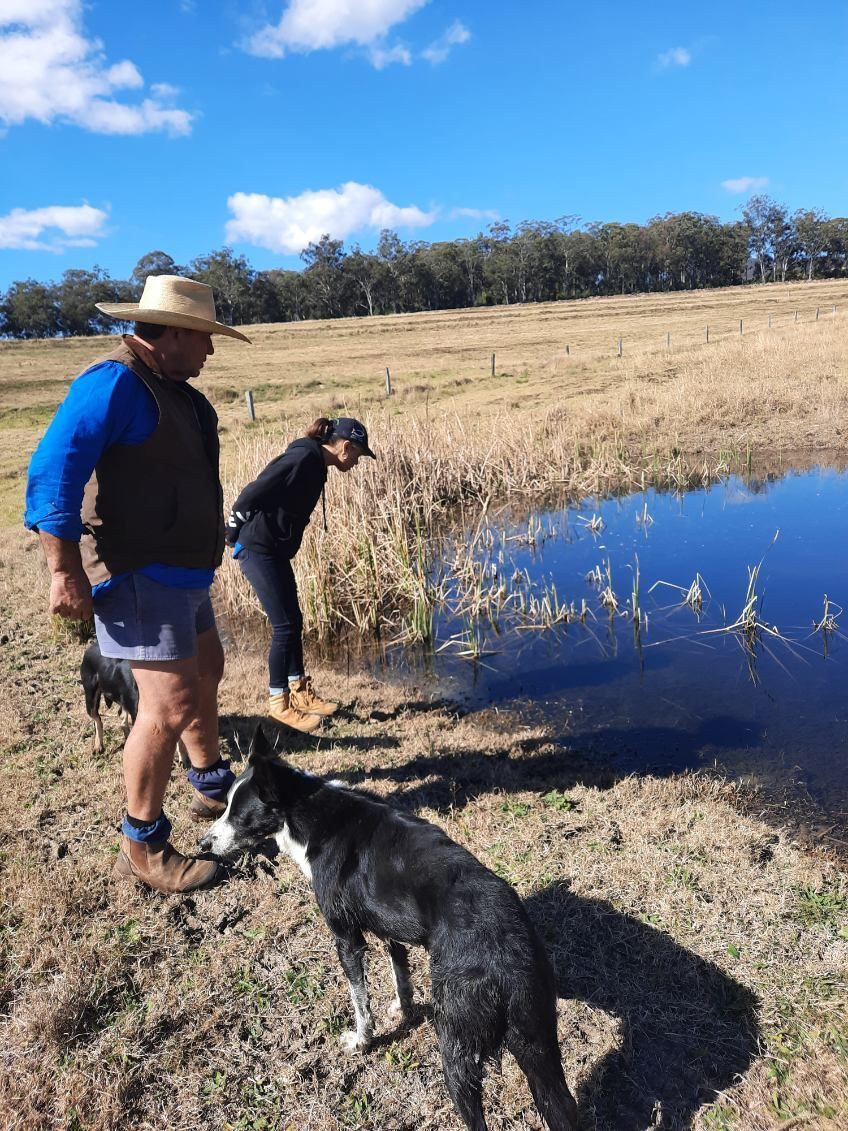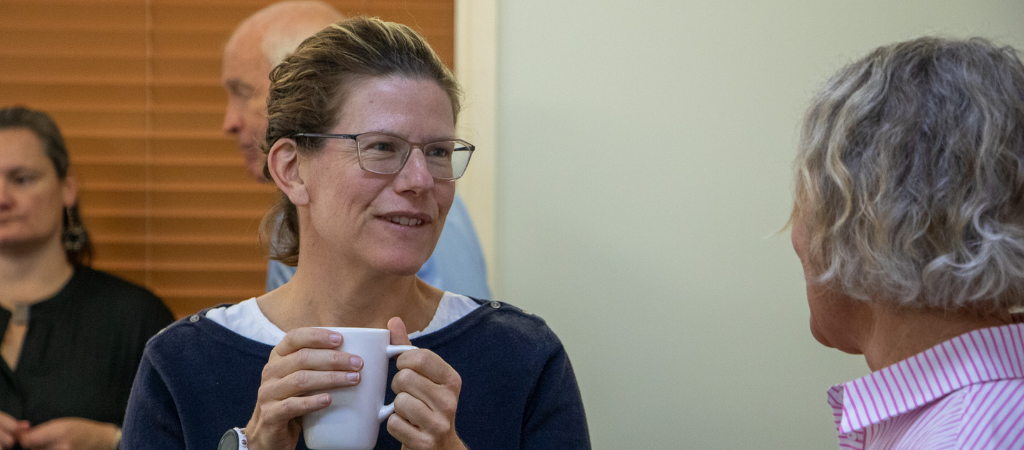By Regional Agriculture Landcare Facilitator (RALF) Anita Erba.
I met Jack Cresswell at the national RALF Conference in Canberra. He spoke about how his family had been on the land for many generations but he started to notice that the practice of farms being passed on from parents to children was diminishing and this made him worry that the knowledge that would also have been passed on to the next generation was being lost.
He decided to help counter this by starting his weekly podcast “Farms Advice Agribusiness Podcast”.

